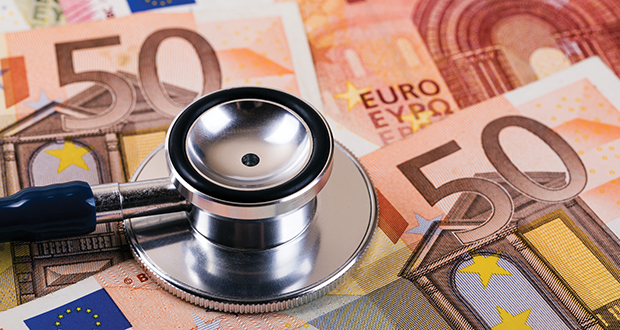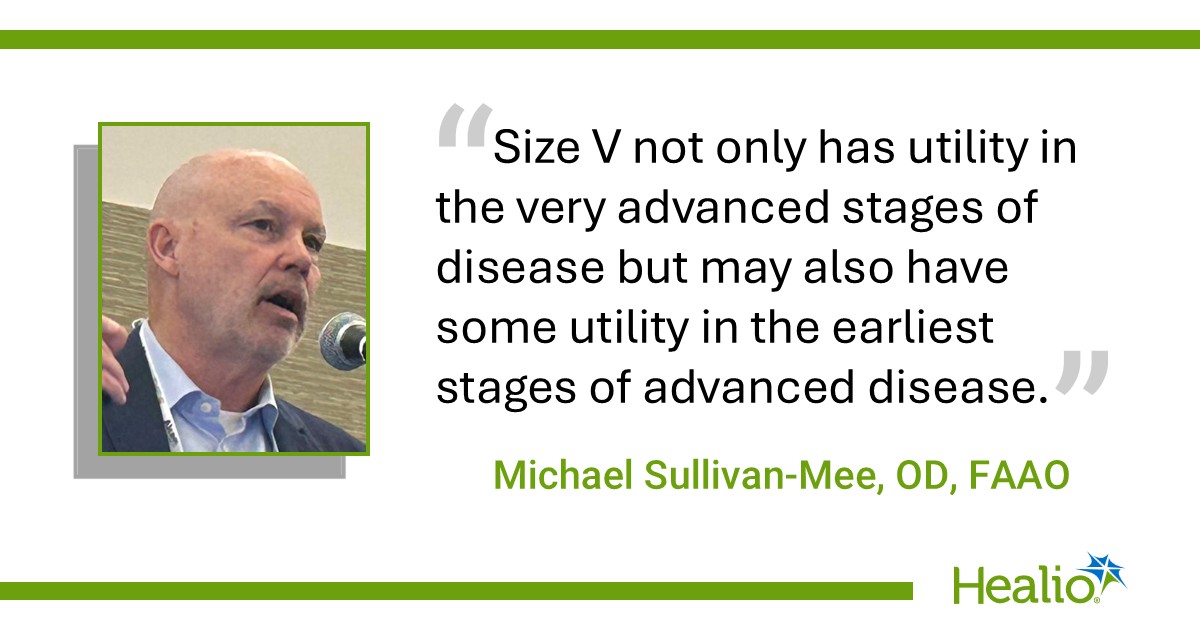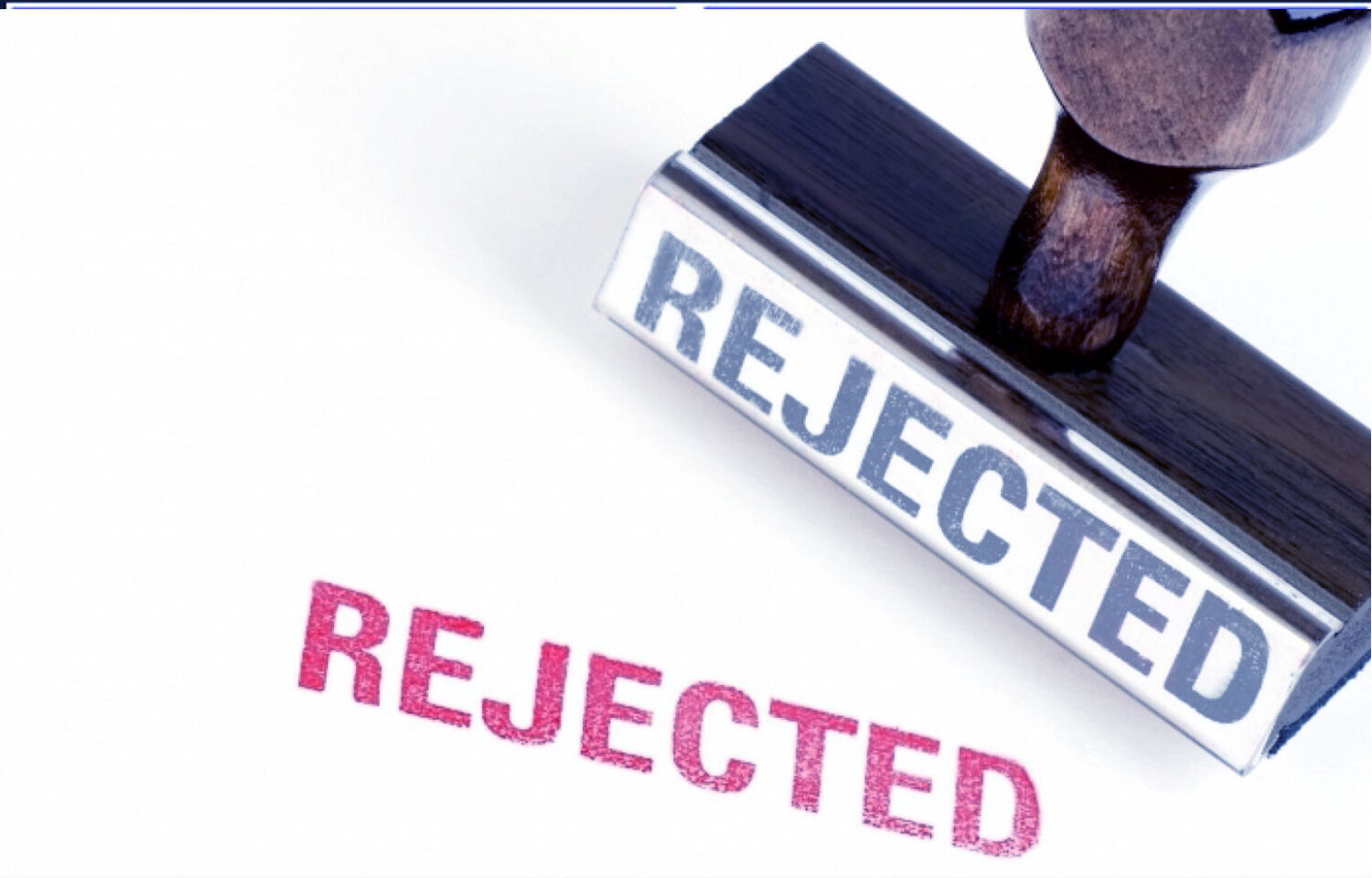An investment in beds, digital health and the implementation of clinical strategies are among the calls made by health groups
Digital health, beds, and taxation measures are among the asks of healthcare groups ahead of today’s Budget announcement.
But with public health spending on track to reach record levels this year, the Government’s determination to cut costs in the sector may lead to disappointment for many.
Here are some of the Budget 2026 asks from representative bodies and charities.
Irish Medical Organisation
The IMO is seeking a cross-departmental group to tackle health inequality, a priority issue for its current president, Dr Anne Dee.
“A person’s health outcomes are based on a range of social and economic factors, with poverty one of the key contributors to poor health. Health inequality is a chronic problem in Ireland, and requires an urgent and significant response from the Government to ensure that children have the best start in life and those in greatest need receive optimal public healthcare.”
The union has also called for the Government to:
- Increase the number of new inpatient beds from 3,438 to 5,000 under the ‘Acute Hospital Bed Capacity Expansion Plan 2024-2031’ and publish a detailed plan laying out the costs timeline and staffing for the delivery of new beds.
- Develop and fund a comprehensive medical workforce plan with actions laid out to increase the number of consultants and training posts in line with workforce requirements.
- Introduce targeted supports, grants and tax incentives to help GPs establish and sustain GP practices; and improve GP services particularly in areas of deprivation.
- Set aside funding to go towards efforts to rebuild Gaza’s healthcare system in the wake of its destruction by Israeli forces.
Irish College of GPs
The ICGP’s submission calls for:
- The establishment of a National GP Clinical Lead for Integrated Care.
- The inclusion of mental health in the chronic disease management programme.
- Sustained investment in a primary care workforce and infrastructure to facilitate the implementation of Sláintecare 2025+ and solutions-focused approaches to staffing deficits in rural general practice and locum provision.
- Data-driven, patient-centred quality improvement initiatives and research to enhance quality and service provision.
Digital Health
Both the IMO and ICGP have called for greater focus on developing digital capability within the public health service. The ICGP has called for the development of a connected e-health record system, while the IMO has asked the Government to commit to publishing and resourcing an investment plan to fully digitalise the health service over the next five years.
Cancer Care
Launching its pre-Budget submission, the Irish Cancer Society pointed out that just three of the 28 targets set out in the National Cancer Strategy have been achieved.
The charity’s scorecard found that, in 2024 and 2025, just three have been met; 14 have not been met; seven have no data available; one is considered unlikely to meet its 2026 target given its current trajectory, and three have a 2026 deadline which cannot yet be assessed.
It has called for a five per cent increase in recurrent health infrastructure spending from 2026-2030, in line with the Irish Fiscal Advisory Council call that health infrastructure spending should increase by five per cent year-on-year to 2033 to keep pace with the EU average health infrastructure spend
It also wants to see recurrent, ringfenced funding for the national cancer strategy of at least €20 million, a commitment to multi-annual funding, and an assessment of the funding needs of cancer services to ensure full implementation of the strategy.
Mental Health
Governments have consistently been criticised for failing to reach a mental health spending target of 10 per cent of the overall health budget. Last year, increased investment brought spending in the area to €1.5 billion, still less than six per cent of all healthcare expenditure.
Mental Health Reform has called for an additional €200 million investment in mental health in Budget 2026. This would include €120 million to develop new services to address unmet needs:
- €25 million to reduce long waits, upgrade emergency departments, expand Solace cafés, and roll out Crisis Resolution Teams.
- €20 million to address CAMHS staffing shortages and develop early support and outreach services.
- €40 million to deliver delayed commitments in the national mental health strategy, including specialised services such as a National Mother & Baby Unit and Early Intervention in Psychosis programmes.
- €25 million to expand early intervention and inclusive supports, with targeted funding for minority groups such as Travellers, migrants, and the homeless.
- €10 million to support implementation of the Mental Health Bill, alongside funding for a national independent advocacy service.
Cardiac Care
The Irish Heart Foundation wants funding of €266.5 million in order to provide sustainable home support services for people living with cardiovascular disease (CVD).
The charity is also looking for an investment of €37 million up to 2027 to ensure the full implementation of the National Stroke Strategy.
Other asks include a commitment towards annual funding to implement the ‘Her Heart Matters’ campaign to raise awareness of CVD among women.
Cigarettes and Alcohol
As usual, health advocates have called for measures to help curb the consumption of tobacco and alcohol products.
The Irish Heart Foundation wants a €1.55 increased in the price of a pack of 20 cigarettes to discourage youth smoking.
They also want the Government to fast-track last year’s promised 50c per ml tax on vapes, as well as commit to a new service to help people to quit.
Alcohol Action Ireland has called for the Government to increase excise duty on alcohol by at least 15 per cent. They argue that in real terms alcohol has become more affordable in the last 20 years, and an increase in taxes would help address binge drinking.
They have also asked for the alcohol excise duty to be linked to inflation levels in future years, while the budget of the HSE Alcohol Programme should be increased by 20 per cent annually over the next five years to help it achieve its aims.









